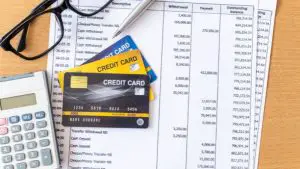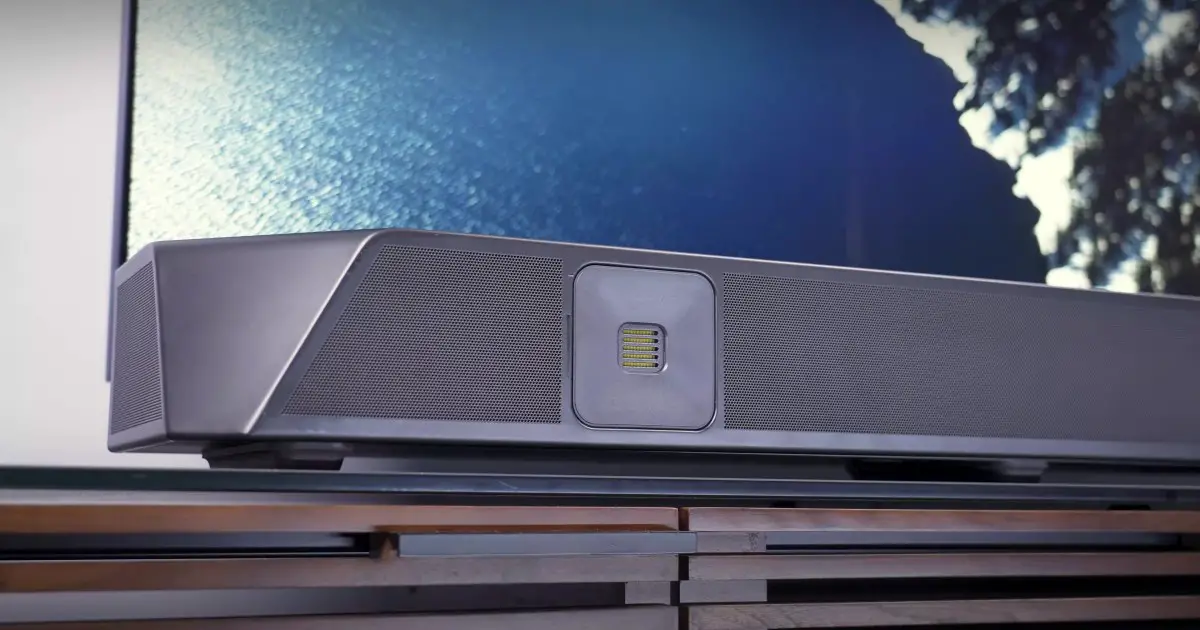Paying off credit card debt effectively requires a strategic approach. Here are expert tips to help you manage and eliminate your credit card debt: Loan
Create a Budget: Start by understanding your income, expenses, and debt. Develop a realistic budget to track your spending and allocate extra funds toward debt repayment.
List Your Debts: Make a list of all your credit card debts, including their interest rates and minimum payments. This will help you prioritize which debts to pay off first.
Prioritize High-Interest Debt: Focus on paying down high-interest credit cards first, as they cost you more over time. Consider transferring balances to cards with lower interest rates if possible.
Emergency Fund: Build an emergency fund to avoid relying on credit cards for unexpected expenses. Aim for at least three to six months’ worth of living expenses.
Snowball or Avalanche Method: Choose a debt repayment strategy that works for you. The snowball method involves paying off the smallest debts first for a psychological boost. The avalanche method tackles high-interest debts first for long-term savings.
Cut Unnecessary Expenses: Trim your discretionary spending and redirect those funds towards debt repayment. This may mean cutting back on dining out, entertainment, or other non-essential purchases.
Automate Payments: Set up automatic payments for at least the minimum amounts due to avoid late fees and damage to your credit score.
Negotiate Interest Rates: Contact your credit card companies to negotiate lower interest rates, especially if you have a good payment history.
Extra Income: Explore side gigs or part-time work to generate additional income to put towards debt.
Consolidate Debt: Consider a debt consolidation loan or a balance transfer to streamline your payments and potentially secure a lower interest rate.
Credit Counseling: Seek advice from a credit counseling agency if you’re struggling to manage your debt. They can help you create a debt management plan.
Stay Disciplined: Stick to your repayment plan and avoid using your credit cards while paying off debt. Cut up or freeze your cards if necessary.
Celebrate Milestones: Celebrate your progress as you pay off each debt. These small victories can motivate you to continue.
Seek Professional Help: If your debt becomes unmanageable, consider consulting a financial advisor or bankruptcy attorney to explore your options.
Educate Yourself: Learn about personal finance, budgeting, and debt management through books, online resources, or financial literacy programs.
Crafting Your Battle Plan: The Budget
Picture this: your budget is like a trusty sword in your debt-fighting arsenal. It’s time to put on your financial armor and craft a budget that not only covers your essentials but also carves out a special spot for debt repayment. Track your income and list out your expenses. Categorize them – think needs versus wants. This process might unveil some surprising insights. Remember, every dollar counts!
The Art of Strategy: Snowball vs. Avalanche
Now that you’ve got your budget sorted, it’s time to get tactical. There are two main schools of thought here: the Snowball Method and the Avalanche Method. The Snowball Method involves attacking your smallest balances first, giving you a taste of victory sooner and boosting your motivation. It’s like starting with the appetizers before tackling the main course.
On the other hand, the Avalanche Method recommends going after those high-interest debts with a vengeance. Sure, you might not see immediate victories, but in the long run, you’ll save more on interest payments. It’s like a strategic siege – it might take longer, but victory will be all the sweeter.
Tales from the Debt Trenches: Finding Balance
Let me share a personal story that might resonate. When I was knee-deep in debt, I combined the Snowball and Avalanche methods. I paid off a few small balances first to get that motivational boost, and then I channeled all my energy into the high-interest debt. Finding your own balance between these strategies can be a game-changer. It’s all about what keeps you motivated and on track.
Dialing Down the Interest: Negotiation Magic
Did you know that you can sometimes lower those high-interest rates just by asking? Yup, it’s true! I once called up my credit card company, armed with my good payment history, and politely asked if they could lower my interest rate. To my surprise, they did! Remember, the worst they can say is no, so it’s definitely worth a shot.
The Magic of Consolidation
Let’s talk about debt consolidation, shall we? Imagine rolling all your credit card debts into one – it’s like turning a messy room into a tidy oasis. Personal loans can be your magic wand here. They often come with lower interest rates and fixed payment schedules, making managing your debt much more straightforward. Just be sure to do the math and understand the terms before diving in.
Embracing Hustle: Boosting Your Income
If your budget is as tight as your grandma’s purse strings, consider boosting your income. This might mean taking on a side gig, freelancing, or selling those collectibles gathering dust. I remember taking up freelance writing gigs during evenings and weekends. It was tiring, but that extra income made a huge dent in my debt.
Staying Strong: Navigating Temptations
Ah, the siren call of spending! It’s easy to slip back into old habits while on your debt repayment journey. I’ve been there – that spontaneous online shopping spree feels great until the credit card bill arrives. During this time, stick to cash or debit card spending. And remember, having an emergency fund can act as your safety net, preventing you from sliding back into the credit card abyss.
Seeking Guiding Stars: Professional Help
If your debt feels like a never-ending maze, don’t hesitate to seek help from credit counseling agencies. They’re like seasoned guides who can help you navigate the tricky paths of debt management. Just make sure to research reputable agencies and understand any potential fees.
Patience and Progress: The Finish Line
As you embark on this debt-free journey, remember that Rome wasn’t built in a day, and neither is a debt-free life. Celebrate every milestone, no matter how small. Progress might feel slow at times, but consistency is key. Stay patient and stay the course – you’ll get there.
Remember that paying off credit card debt is a gradual process. Stay patient and consistent in your efforts, and over time, you’ll reduce your debt and improve your financial well-being.
First things first, let’s take a deep breath and confront the reality of your debt situation. Sit down with your credit card statements and a good cup of coffee. Total up all those outstanding balances, and don’t forget to factor in the interest rates. Trust me, I’ve been there – staring at those numbers can be a bit overwhelming, but facing the truth is the first step towards freedom.
Your Financial Freedom Awaits
In a world where credit card debt seems to lurk around every corner, taking control of your financial destiny is a powerful move. Crafting a budget, strategizing repayment, and seeking guidance when needed are your secret weapons. And hey, if I could do it, so can you. The road might be bumpy, but the view from the top – a life free of credit card debt – is oh-so-sweet.












